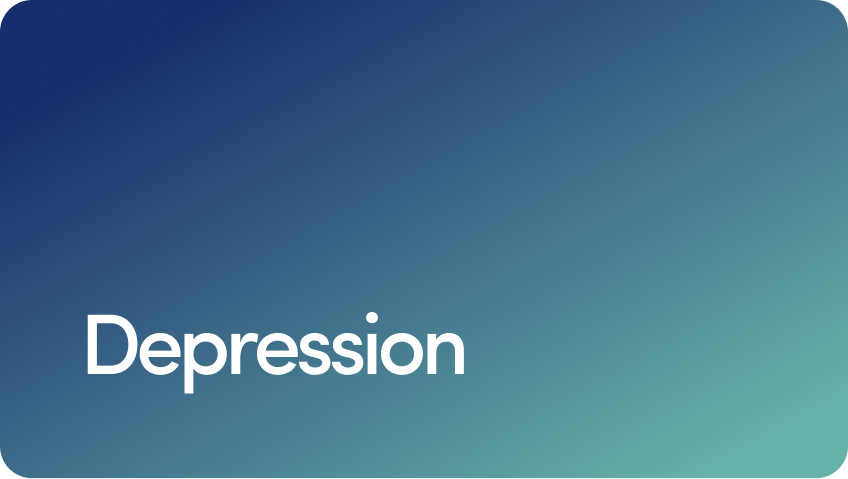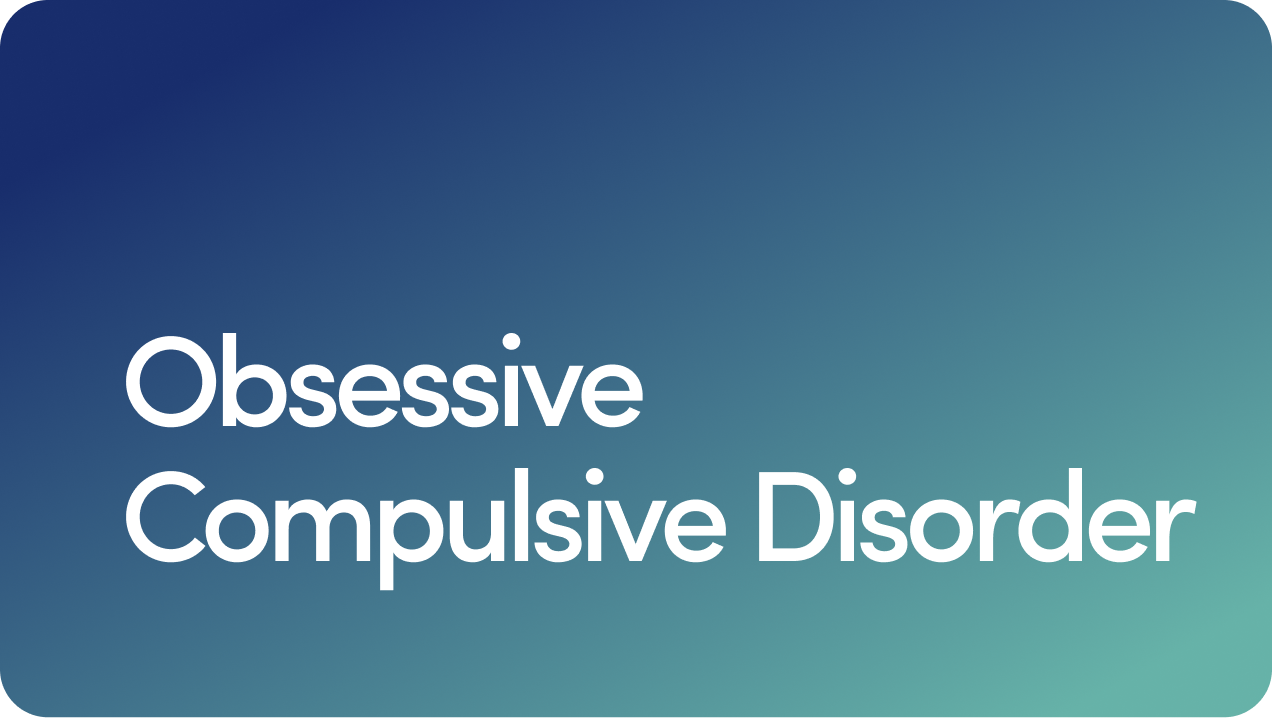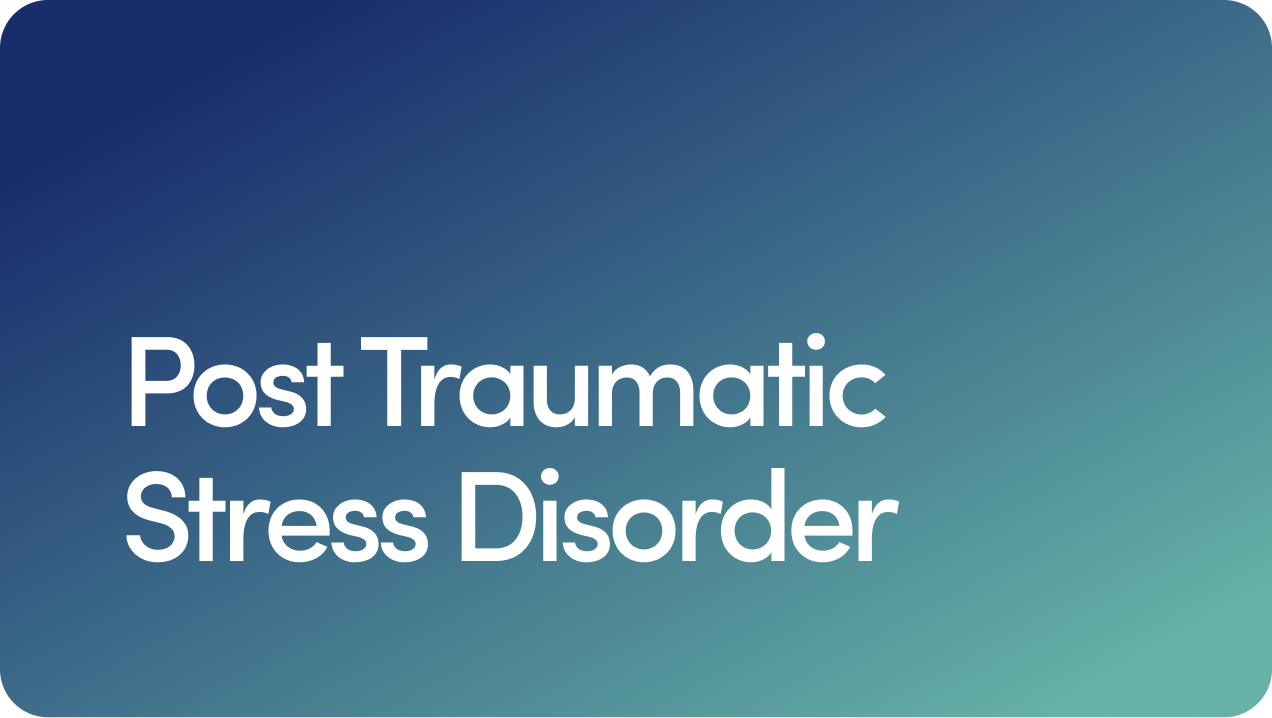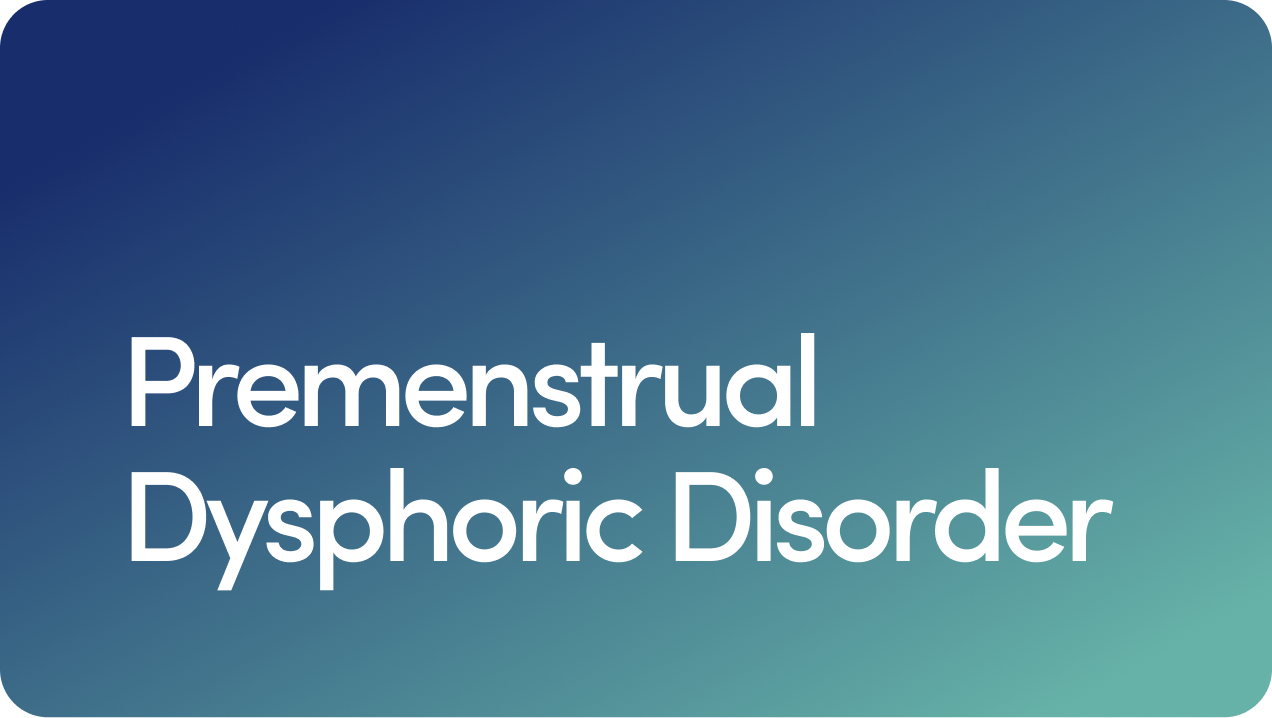Content
Free Mental Health Assessment
11 Healthy Coping Mechanisms

Life can be stressful. Whether you’ve had an argument with a friend or family member, faced a challenging day at work or just dealt with one small problem after another, it’s easy to let stress have a negative impact on your moods, thoughts and general mental wellbeing.
But learning some healthy coping mechanisms can help you tolerate, process and understand stress, and allow you to more easily deal with life’s stressful events.
Because stress is unavoidable, developing healthy coping strategies is a key part of navigating through everyday life while maintaining a healthy, positive outlook.
Below, we’ve explained what coping is, as well as why it’s so important to develop healthy skills for coping with stressful events and challenges.
We’ve also shared 11 healthy coping techniques that you can use to deal with difficult moments, busy periods and other life stressors.
Finally, we’ve shared several common negative coping methods, as well as what you can do if you’ve noticed yourself falling into a pattern of relying on these harmful coping techniques.
Content
What Does Coping Mean?
Coping is the process of dealing with stressful situations. Since no one’s life is ever truly free of stress, developing healthy stress coping mechanisms is a critical part of being able to manage your emotions and maintain optimal mental health.
Coping mechanisms can be healthy or harmful. When you rely on coping mechanisms that are unhealthy — often referred to as maladaptive coping mechanisms — you might feel better in the short term, but damage your mental and physical health in the long term.
On the other hand, when you use healthy coping mechanisms, or adaptive coping mechanisms, it’s often possible to turn negative situations into positive ones over the long term.
According to the CDC, people who form healthy coping skills don’t just become more effective at dealing with stress themselves — they also help the people around them become more resilient.
In short, learning how to cope with stress in a healthy, productive way can improve both your life and the lives of the people you care about.
Before we talk about specific healthy coping mechanisms for stress, it’s important to understand that there are two major types of coping strategies.
The first, problem-focused coping mechanisms, are most effectively used to cope when you feel overwhelmed with things to do and problems to solve.
These techniques can help you to manage the psychological stress of having lots on your plate and get things done in your daily life in a systematic, results-focused way. You can think of them as adaptive strategies for dealing with challenging times that involve lots of problems.
The second, emotion-focused coping mechanisms, are most effectively used to get control over the negative emotions that can accompany times of ongoing or extreme stress.
You can think of these as helping you to deal with feelings of anxiety and other difficult emotions that often develop when you’re stressed, such as after a personal setback.
Problem-focused and emotion-focused coping techniques often work best when they’re used at the same time — for example, to get things done while remaining in control of emotional distress that can affect your mental and physical wellbeing.
Let’s start with problem-focused coping mechanisms — the strategies you’ll want to use to solve problems that are within your control and keep them from becoming overwhelming.
If you feel overwhelmed or stressed because of one or several specific problems in your life, try to use the problem-based coping skills below to successfully deal with the source of stress.
1. Write a To-Do List for Urgent Tasks
When you have multiple problems to solve all at once, working out where to begin can often feel impossible. This can lead to inaction, as you may feel overwhelmed by the number of things you need to do to move out of your current stressful state.
Sometimes, the simplest way to cope with the stress of needing to solve several problems is to write them down on a to-do list.
You can do this by making a pen-and-paper list that you take with you throughout the day, or by using one of the many task tracking apps available for your phone. Try prioritizing tasks so that you can solve your most urgent problems first, then tackle smaller issues one by one.
2. Establish Good Time Management Skills
Often, stressful situations can develop as a result of trying to do too many tasks in too little time, or delaying important tasks until the last moment.
If you feel overwhelmed by educational assignments, work requests or just everyday errands to run, try to use the stress as an opportunity to establish good time management skills.
This could mean creating a realistic schedule and sticking to it, starting your day earlier, setting deadlines for yourself, limiting distractions or simply giving yourself a little more “buffer” time to avoid feeling overwhelmed when you start to run behind your anticipated daily plan.
While the link between time management and mental health isn’t crystal clear, research shows a moderate association between time management and job performance, academic achievement, general wellbeing and reduced levels of distress.
In other words, using time management techniques to cope with stress might help you feel more mentally stable, all while accomplishing more in your personal or academic life.
3. Ask Your Friends or Family for Help
There’s no shame in asking for help when you feel overwhelmed — in fact, sometimes, getting a little help from a friend, family member or colleague is essential.
If you have too much on your plate and don’t think you’ll be able to handle it even with excellent time management, consider asking for help. This could mean asking your boss for more time to get a work task done, or talking to your friend to see if it’s possible to delay a planned outing.
No one is perfect, and asking for help isn’t a weakness. You may be surprised to learn that your friends, family members and colleagues are eager to help you when you need it, allowing you to reduce your stress levels and focus on the tasks that are most important to you.
4. Establish Boundaries for Stressful Behavior
Sometimes, the people in your life can expect too much from you. For example, you might have a family member that’s too demanding of your time, or a romantic partner that just doesn’t have realistic expectations about what’s appropriate and what isn’t.
When this type of behavior causes you to feel stressed, it’s important to establish boundaries to stop it from getting worse.
This could mean explaining to your family that your free time is limited, or sitting down with your partner to let them know what your limits are.
Often, just talking about your boundaries can let other people in your life know what is and isn’t okay, which can help you to avoid problems in the future.
Our guide to setting boundaries shares simple but effective strategies that you can use to make your boundaries clear to other people.
When you’re dealing with an emotional issue, such as sadness, anger or helplessness, using a problem-focused coping mechanism alone may not be the best approach.
Emotion-focused coping mechanisms help you to process your emotions in a way that’s healthy, soothing and productive. They can make the emotional side of a difficult situation easier to deal with, allowing you to focus on making progress in your life.
Whether you’ve just had a bad week or need some help emotionally processing a major setback in your life, try to use the emotion-based coping mechanisms below to improve your moods.
5. Use Self-Care Techniques to Feel Better
When you’re feeling emotionally overwhelmed, one of the best things that you can do is to take care of yourself, both physically and mentally.
Simple self-care techniques, such as starting your day with something you truly enjoy, setting a sleep schedule and sticking to it, writing a journal and scheduling “you time” to spend the night at home doing something relaxing can often help you to deal with stress more effectively.
Taking a mental detox can also help you refocus and reset your thoughts in a way.
Our list of self-care tips for women shares more than 20 techniques that you can use to put your needs first and cope when you’re feeling stressed.
6. Walk Away From Toxic, Stressful Situations
When you feel stressed and overwhelmed, dealing with another difficult situation may only make things worse.
If you’re stressed because of a bad day or just feel emotionally vulnerable as a result of a recent negative event, try to avoid situations that could cause more stress.
Sometimes, this means saying “no” and walking away from challenging situations, at least in the short term. By walking away, you can focus on coping with your current emotions and improving your mood, not compounding them by taking part in yet another stressful situation.
7. Focus on Being Physically Active
Exercise has lots of benefits for your physical and mental health, including improving your ability to deal with stressful situations. In fact, research shows that physical exercise is associated with a greater degree of emotional resilience during acute stressful situations.
Try to keep yourself active and exercise on a regular basis, even this just means walking around your neighborhood or going for a short bike ride.
Our guide to exercise and mental health goes into greater detail on the psychological benefits of exercise, including its ability to help with anxiety and depression.
8. Pick a Task or Hobby, Then Make it Your Focus
Spending time on your hobbies can be a wonderful thing for your mental health. Not only is it a lot of fun to spend your time on a hobby, but it’s also a good way to distract yourself from major sources of stress and prevent yourself from ruminating.
From writing to painting, design, learning a language or anything else you enjoy, try to set aside time to explore your hobbies whenever you feel stressed or overwhelmed by life.
9. Use Mindfulness Meditation to Calm Your Mind
Mindfulness meditation is a popular form of stress reduction that involves suspending judgment to focus solely on being present in the current moment.
Although research findings on the benefits of mindfulness meditation are mixed overall, several studies have found that practicing mindfulness meditation can reduce symptoms of stress, anxiety and depression.
Our guide to practicing mindfulness discusses how you can add mindfulness meditation to your mental toolkit for coping with stress and anxiety.
10. Spend Time With Friends and Family
When you’re feeling down, it’s easy to isolate yourself from others. However, you’ll often get the best support from your family members, close friends and other people who care about you and your emotional wellbeing.
Whether you’re feeling burned out, depressed or just plain old frustrated with life, don’t be afraid to let a family member or close, trusted friend know.
Not only can a good friend or family member help you feel better in the short term, but they can also help keep you on track longer-term as you work to process your feelings properly.
11. Consider Talking to a Mental Health Professional
If you think you have an anxiety disorder, depression or any other type of clinical mental health issue, it’s important to talk to a mental health provider.
Sometimes, the signs and symptoms of stress may be caused by mental health conditions that don’t always get better with self-care and coping mechanisms alone.
If you have a mental health disorder, your provider may suggest using medication, participating in therapy or a combination of approaches.
We offer a range of mental health services that you can access online, including psychiatry and individual therapy, allowing you to get expert help from the privacy of your home.
While some coping skills help you to deal with stress in a positive way, others can relieve stress in the short term but make things worse in the long run, usually by creating larger problems that you’ll eventually need to deal with.
Remember that while a certain habit or behavior makes you feel good now, it’s not necessarily healthy in the long term.
Learning how to cope with stress isn’t just about practicing the healthy coping methods above — it’s also about identifying harmful techniques and coping styles to avoid.
Unhealthy coping mechanisms include:
1. Drinking alcohol excessively. Alcohol can relieve stress in the short term, but it’s not a healthy substance when consumed in excess. Research suggests a causal link between alcohol use and depression, meaning drinking too much can affect your mental health.
When you’re dealing with stress, try to avoid drinking alcohol. If you feel like a drink, limit yourself to the CDC’s suggested limit of one alcoholic drink per day (for example, a glass of wine or 12-ounce bottle of beer).
2. Using illegal drugs. Many illicit drugs can “take the edge off” stress, but at a significant cost. Not only are illegal drugs harmful for your health, but many can be highly addictive and lead to substance use disorders (SUDs).
If you think you have a problem with substance abuse, try reaching out to a close friend, family member or your healthcare provider about accessing professional help.
3. Abusing prescription medication. Much like taking illicit drugs can harm your physical and mental health, so can abusing prescription medication. If you’re prescribed any type of medication, make sure to only take it as instructed by your healthcare provider.
4. Overeating. When you’re stressed, it’s easy to use food as a coping mechanism. While it’s okay to enjoy comfort food in moderation, it’s important not to use eating as a coping mechanism.
Emotional eating doesn’t just affect your body composition — it’s also linked to a higher risk of developing eating disorders, such as binge eating. Try to eat a healthy diet that prioritizes your wellbeing, not a harmful one that causes negative eating habits.
5. Undereating. For some people, stress can lead to avoiding food, often to the extent of significant weight loss. In fact, research shows that acute stress is linked to a reduction in food consumption in many people.
If you’ve noticed your weight decreasing too much due to stress, consider reaching out to your healthcare provider. They may suggest changing your eating habits to help you maintain a healthy body mass index (BMI) even when you’re feeling stressed.
6. Spending money impulsively. Retail therapy can provide temporary relief from stress, but it often makes your problems worse, especially if your source of stress is financial in nature. Try to use healthy coping strategies instead of spending to avoid your problems.
7. Gambling. Like drugs and alcohol, gambling can seem like an easy solution to sources of stress. However, the odds are never in your favor, and it’s more likely you’ll leave the casino with new problems to deal with instead of with your old problems solved.
If you have a difficult time controlling yourself when it comes to gambling, try calling the National Problem Gambling Helpline (1-800-522-4700) for confidential help or talking to your healthcare provider about treatment options.
8. Sleeping your issues away. While it’s important to get a healthy amount of sleep, it’s also vital not to use sleep as a way to delay confronting your problems or pretend that they don’t exist. Instead, focus on taking action with positive coping strategies.
9. Pretending problems aren’t there. While it’s okay to delay taking action when you’re overwhelmed, it’s important not to pretend your problems don’t exist. Focus on getting things done and making progress, not on avoiding your problems and difficulties.
Stress is an unavoidable part of life for everyone, and learning how to cope with it effectively is a valuable skill that can improve your wellbeing and quality of life.
Learning the right cognitive strategies to deal with stress can help you to get through life’s major challenges in one piece and become a stronger person.
Whether you’re feeling overwhelmed with things to do or suffering from emotional pain, try using the techniques above to keep yourself productive and emotionally stable.
Remember that everyone is different, and a technique that works for someone else might not be the best for you. Try experimenting with different coping mechanisms to see what helps you and what doesn’t, then tailor your approach over time to make yourself more resilient.
Finally, don’t be afraid to reach out for help. If you think you may have anxiety, depression or another mental health disorder, consider taking part in a mental health consultation to get real help from a licensed provider and, if appropriate, access to medication and therapy.
9 Sources
Hims & Hers has strict sourcing guidelines to ensure our content is accurate and current. We rely on peer-reviewed studies, academic research institutions, and medical associations. We strive to use primary sources and refrain from using tertiary references.
- Coping with Stress. (2022, September 23). Retrieved from https://www.cdc.gov/mentalhealth/stress-coping/cope-with-stress/index.html
- Aeon, B., Faber, A. & Panaccio, A. (2021). Does time management work? A meta-analysis. PLoS One. 16 (1), e0245066. Retrieved from https://www.ncbi.nlm.nih.gov/pmc/articles/PMC7799745/
- Childs, E. & de Wit, H. (2014). Regular exercise is associated with emotional resilience to acute stress in healthy adults. Frontiers in Psychology. 5, 161. Retrieved from https://www.ncbi.nlm.nih.gov/pmc/articles/PMC4013452/
- Meditation and Mindfulness: What You Need To Know. (2022, June). Retrieved from https://www.nccih.nih.gov/health/meditation-and-mindfulness-what-you-need-to-know
- Boden, J.M. & Fergusson, D.M. (2011, May). Alcohol and depression. Addiction. 106 (5), 906-914. Retrieved from https://pubmed.ncbi.nlm.nih.gov/21382111/
- Dietary Guidelines for Alcohol. (2022, April 19). Retrieved from https://www.cdc.gov/alcohol/fact-sheets/moderate-drinking.htm
- Turton, R., Chami, R. & Treasure, J. (2017, June). Emotional Eating, Binge Eating and Animal Models of Binge-Type Eating Disorders. Current Obesity Reports. 6 (2), 217-228. Retrieved from https://pubmed.ncbi.nlm.nih.gov/28434108/
- Ans, A.H., et al. (2018, July). Neurohormonal Regulation of Appetite and its Relationship with Stress: A Mini Literature Review. Cureus. 10 (7), e3032. Retrieved from https://www.ncbi.nlm.nih.gov/pmc/articles/PMC6150743/
- National Problem Gambling Helpline. (n.d.). Retrieved from https://www.ncpgambling.org/help-treatment/national-helpline-1-800-522-4700/
This article is for informational purposes only and does not constitute medical advice. The information contained herein is not a substitute for and should never be relied upon for professional medical advice. Always talk to your doctor about the risks and benefits of any treatment. Learn more about our editorial standards here.
Jill Johnson, FNP
Dr. Jill Johnson is a board-certified Family Nurse Practitioner and board-certified in Aesthetic Medicine. She has clinical and leadership experience in emergency services, Family Practice, and Aesthetics.
Jill graduated with honors from Frontier Nursing University School of Midwifery and Family Practice, where she received a Master of Science in Nursing with a specialty in Family Nursing. She completed her doctoral degree at Case Western Reserve University.
She is a member of Sigma Theta Tau Honor Society, the American Academy of Nurse Practitioners, the Emergency Nurses Association, and the Air & Surface Transport Nurses Association.
Jill is a national speaker on various topics involving critical care, emergency and air medical topics. She has authored and reviewed for numerous publications. You can find Jill on Linkedin for more information.
Related Articles
Related Conditions
 Anxiety
Anxiety
 Depression
Depression
 OCD
OCD
 PTSD
PTSD
 Bipolar Disorder
Bipolar Disorder
 Premenstrual Dysphoric Disorder
Premenstrual Dysphoric Disorder